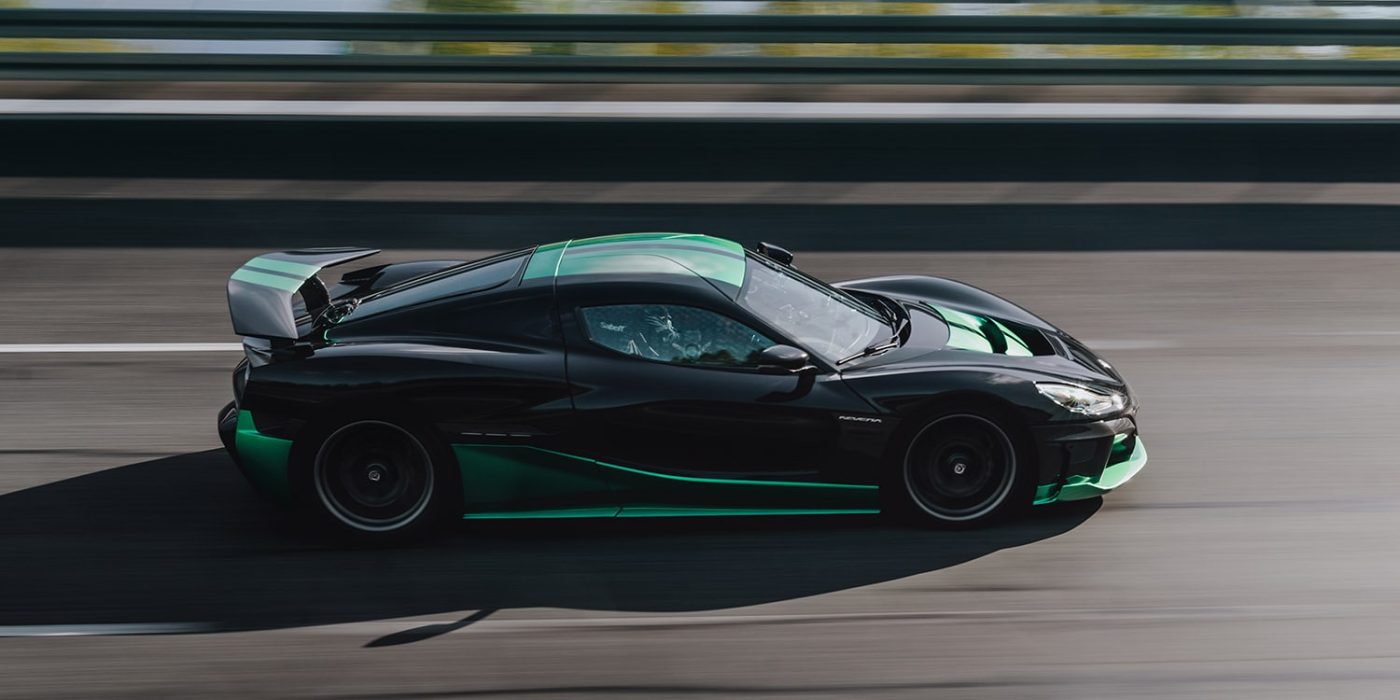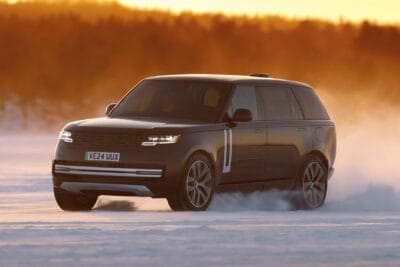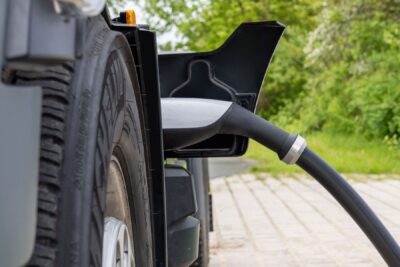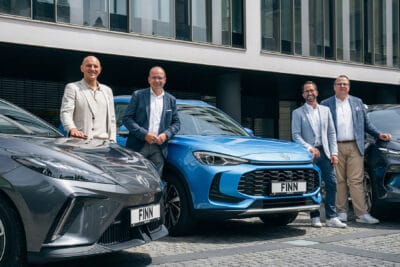More world records for the Rimac Nevera
Other records that have been notarised include various accelerations from a standstill to 100, 200, 300 and 400 kph, accelerations from a halt to the aforementioned speeds with subsequent emergency braking to a standstill or simply over the distance of a quarter, half or full mile. The Rimac Nevera also holds the records for intermediate sprints, such as from 200 to 250 kph in 2.00 seconds.
Last year, the Nevera reportedly set the record for the fastest electric production car in the world, reaching a top speed of 412 km/h.
Production for the Nevera kicked off in July 2022, announcing a battery improvement following shortly afterwards. And while Hyundai had cut its ties before the production started in May, Porsche filled the gap in June.
Update 8 November 2023
The Croatian electric sports car manufacturer Rimac has announced another world record. The Rimac Nevera electric hypercar now also holds the title for the fastest car in reverse – with a top speed of 171.34 mph (275.74 kph).
The record drive took place at the Automotive Testing Papenburg facility in Germany – the same place where over 20 acceleration and braking records were set earlier this year. Between the two record runs in Papenburg, the Nevera also broke the record last held by Tesla for the fastest production electric car on the Nürburgring Nordschleife. The term series production car here applies to a car built in series – and thus also to the Nevera, even if we are talking about a very expensive luxury car manufactured in small numbers.
rimac-newsroom.com, rimac-newsroom.com (update)





0 Comments